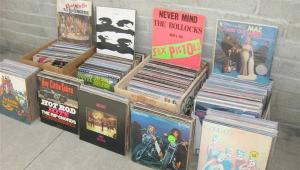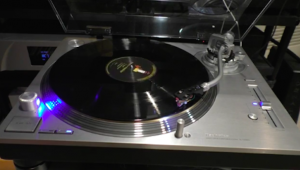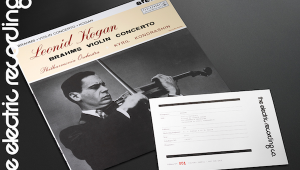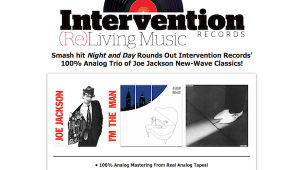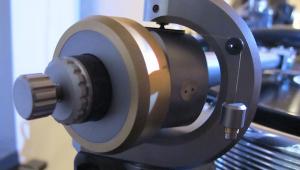Don't Try This on CD! #1 (First in a Series)
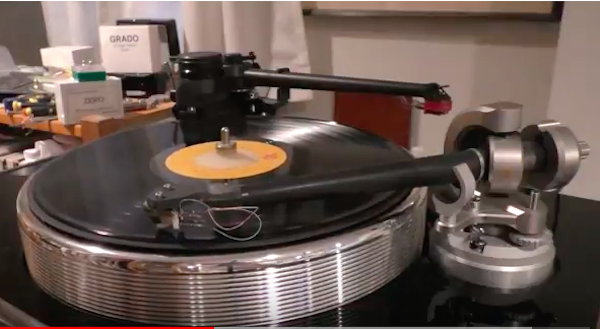
Here's a vinyl transcription at 96/24 of "Rocks Off" from an original Artisan mastered copy of Exile on Main Street. After the band finished their overdubs in Los Angeles they ran the tape over to Artisan for vinyl mastering. This is the version to own.
Because of severe dynamic compression the anniversary edition is especially terrible on any format. However, recordings with this much treble energy are particularly awful on CD and even though this is bit compressed by YouTube to 384kbs, it should still sound better than any version you've heard on any format (full resolution version at the bottom).
Please connect your computer to a good USB DAC and bypass internal playback via Roon, or JRiver or something other than what's built into your computer... First in a series....
| Equipment Reviews | The Gruvy Awards | Blogs Analog Tips | Columns Music | Show Reports | News Resources |
 © 2025 AnalogPlanet
© 2025 AnalogPlanetAVTech Media Americas Inc.
All rights reserved


